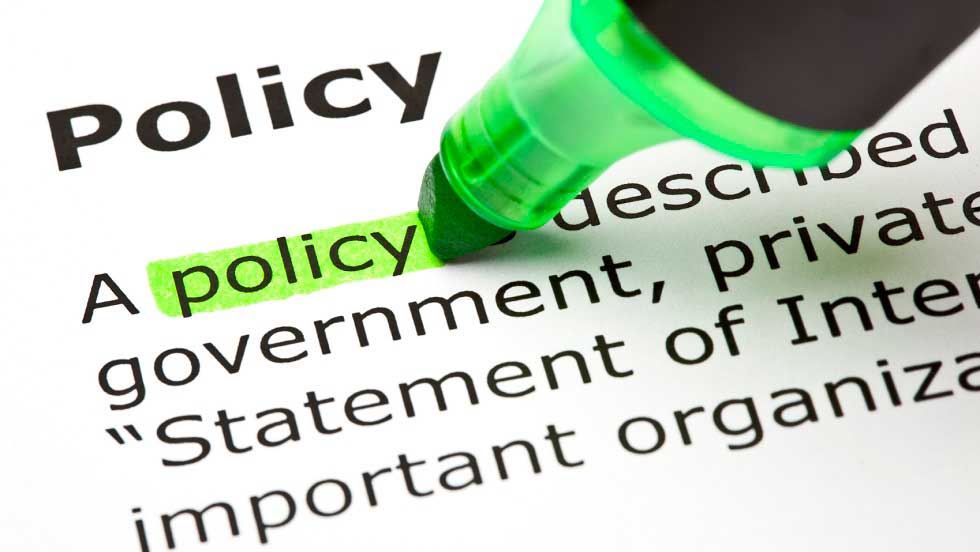Principles set by legislators for the best working of education sector including educational planning; administration and other key functions, matching to the needs of the time and society are the educational policies.
The purpose behind theses policies is to bring uniformity so that everybody gets matching education and also to set same standards for educational institutes irrespective of the level of the organization.
Even though policies helps in the effective and efficient working & sorting the issues that come up in the sector, there are things that policymakers must keep in mind while working on the policies.
Below is a list of tips that you might want to consider the next time you plan to make policies better.
1) Interact with Teachers, Students & other staff:
Interact with teachers, students & other staff, know their expectations and try to think from their point of view. Forming policies based on your school experiences would be wrong deed to those who are presently working in the education sector. Advancement in times calls for changes. Update your experience of schooling. Study the issues that are faced by the students, teachers and other staff and work for it. Interact, understand and work accordingly.
2) Understand the Need of Time; this Might Call for a Change:
The policies must support the new ways of teaching. Technology integration should be pushed in institutions. The policies should create impact on institutions to support the advanced methods of teaching. Teaching methods must be balanced. With technology blooming, integrating it in education is the utilization of tech in its best ways. Provide students and teachers with this tool to enhance their performances.
3) Education is not limited to Books:
Restricting the horizons of education till textbooks is limiting the growth of the student. Make sure your policies have included other co curricular activities like sports, music and art. Students must have a choice and options to select from. Institutions must support those who are inclined towards other activities other than the textbooks. Co-curricular activities matter as they help students discover their talents. There must be balance between studies and other activities that would help students grow in every aspect.
4) Provide Direction. Maintain Focus:
The policies formed must provide direction to institutions with the prime focus on the students and teachers. The growth must be visible in the students as well as teachers. Teachers should be regularly provided with guidance about advance ways of teaching, and other workshops that would help then develop their professional skills and also help them to get better results from the students.
5) Ask yourself, who wins & who loses?
Every institution works with lot of loopholes within. While framing policies, ask yourself who is going to benefit from these “educational policies”. Get your answers right and bring a change in the way we perceive education.
Move on to this link to know about why education policies may need parental advices.
Share your views on how policymakers can bring a change in the education sector by bring changes in their policies.
We appreciate your word in the comment section below!
Also Read:
Best Education Systems in the World With Reasons to Why
Key Strategies For Schools to Use to Foster the Value of Cultural Diversity
Peter Senge Shares Some Successful Learning Strategies for the 21st Century
